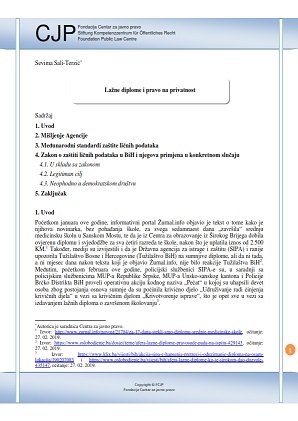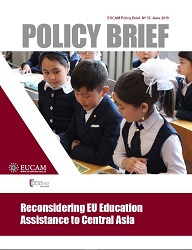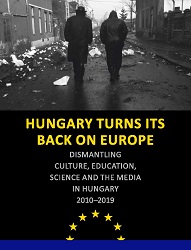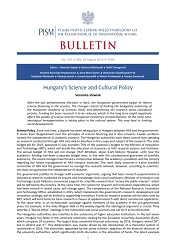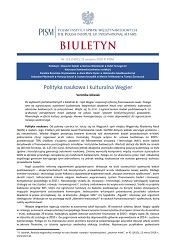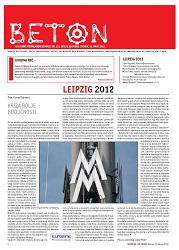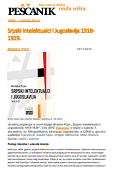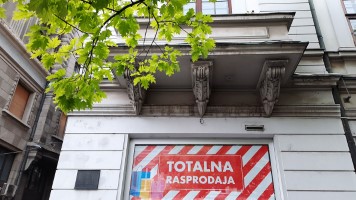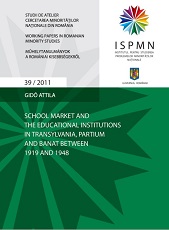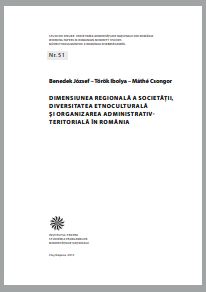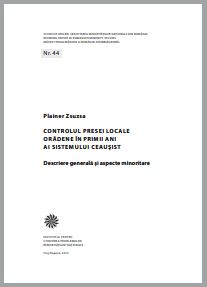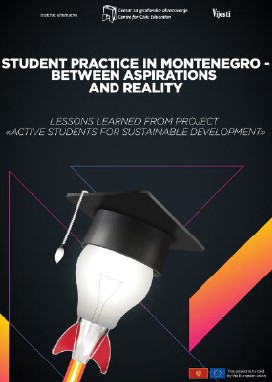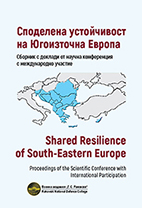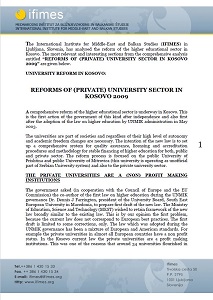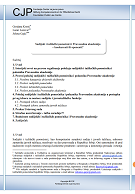
Sudijski i tužilački pomoćnici i Pravosudna akademija – konkurenti ili oponenti?
The legal position of Judicial and Prosecutorial Assistants and their relationship with the beneficiaries of the initial training at the Judicial Academy are very significant questions for judicial system in the Republic of Serbia. These both categories of professionals are interested in being elected for judges or deputies of the prosecutors by the competent authorities – The High Court Council and The State Prosecutorial Council. As they compete for responsible functions and they aspire to become future judicial decision makers, objective and transparent process of election of applicants for judges and prosecutors is compulsory condition for independent and efficient judiciary. This paper analyses work status, rights and obligations of the Judicial and Prosecutorial Assistants with the particular emphasis on their regular tasks, related with different branches of law and complex procedures and the main advantages of Judicial and Prosecutorial Assistants as distinct from the beneficiaries of the initial training at the Judicial Academy. One education, whether it lasts, can not replace the years of experience and can not be eo ipso the key criteria for final election. Also, several decisions reached by Constitutional Court regarding the process of election and the competence of The High Court Council and The State Prosecutorial Council are discussed, because they made an important contribution to verifying the substantial and irreplaceable role of assistants. In order to resolve the specific legal situation, there have been considered possible ways of assistance, set of future activities and communication between Judicial and Prosecutorial Assistants and the beneficiaries of the initial training at the Judicial Academy.
More...
